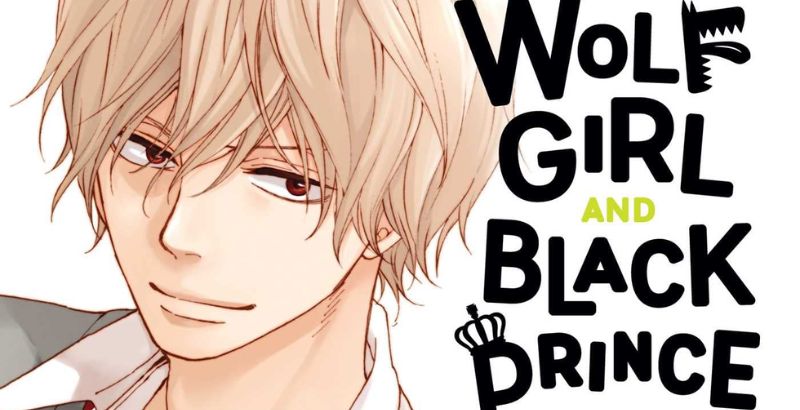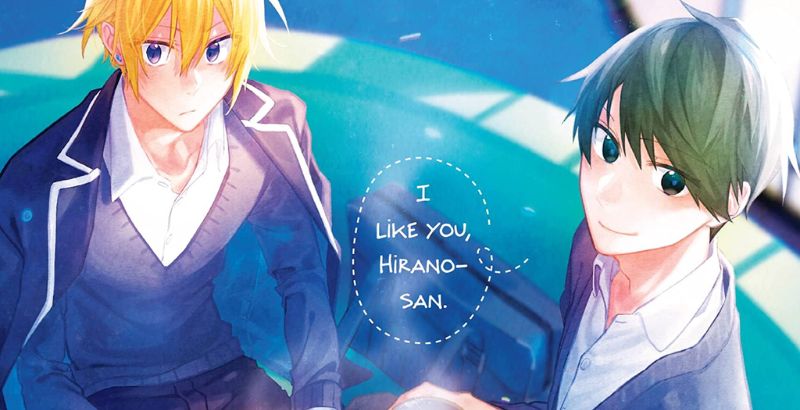
A collection of short stories centered on love, Josee, the Tiger and the Fish is a light novel by late author Seiko Tanabe. Josee, the Tiger and the Fish is published in English by Yen On, a division of Yen Press. There is also a movie of the same name currently available on Amazon Prime. Josee, the Tiger and the Fish is a collection of nine short stories that follow various women and their love lives. Many of them have unhappy or disappointing loves, while a small few find happiness. The stories tackle all aspects of love, from the mundane to the life-changing and everything in between.
One standout story in Josee, the Tiger and the Fish is about a woman named Une, her unsatisfying relationship with her ex-husband, and her illicit interest in her half-nephew Yuuji. Une describes herself as having a “split-personality,” behaving unassuming and kind around some while being abrasive and rude to others.
Une’s story, titled Love’s Coffin, is deeply uncomfortable to read. She’s fully aware that what she’s doing is unlawful and creepy, but she doesn’t stop herself. Nor does she stop Yuuji when it turns out he reciprocates her feelings. After finishing it, I had to sit with this story for a bit, trying to make out why Tanabe had included such a disturbing tale.
Many other stories in Josee involve characters making questionable decisions, such as cheating on their spouse, but nothing quite like the incestuous relationship in Love’s Coffin. But Tanabe seems neither approving nor disapproving of Une’s actions, merely presenting them as they are and how the character herself feels about them. Perhaps Tanabe is attempting to convey a lesson to the readers, but what that lesson is, remains unclear.
I was drawn to Josee, the Tiger and the Fish because of the titular story of Kumi, who goes by Josee, a disabled young woman who falls in love with her caretaker. As a disabled person myself, I’m always excited at the potential for good disability rep in fiction. And Josee is sort of that. Josee isn’t made to be an inspiration for living her life and overcoming obstacles while disabled. And she isn’t positive and upbeat all the time. She’s moody and complicated and frequently upset when people try and assume how and when she needs help. She behaves like everyone else, and she’s allowed to.
Unfortunately, her characterization is undone slightly by her caretaker and love interest, Tsuneo, who calls her “doll-like. This description isn’t a one-off; he describes her in this way “doll-like” multiple times throughout the short story. All it takes is this one phrase to make me feel uncomfortable like Josee is more of an object to Tsuneo than a real person. But maybe this is Tanabe’s intention, showing that Tsuneo is more in love with Josee as a concept than as a person. That’s certainly a trend with the other love interests in the novel. Ultimately, I believe the interpretation is up to the reader.
Josee and Une’s stories stand out from the rest of the stories for different reasons. Josee because she’s actually happy in their relationship, unlike the other women in this book, and Une’s story because of its taboo content. Despite Josee’s story being less-than-great in describing her and Une’s story being downright disturbing to read, at least these two tales stand out. The same cannot be said for the other seven stories.
While Tanabe’s writing talent shines through in Josee, the Tiger and the Fish, the repetitive nature of many of the stories causes them to blur together.
Josee, the Tiger and the Fish is available wherever books are sold on March 29th, 2022.
Josee, the Tiger and the Fish
TL;DR
While Tanabe’s writing talent shines through in Josee, the Tiger and the Fish, the repetitive nature of many of the stories causes them to blur together.




